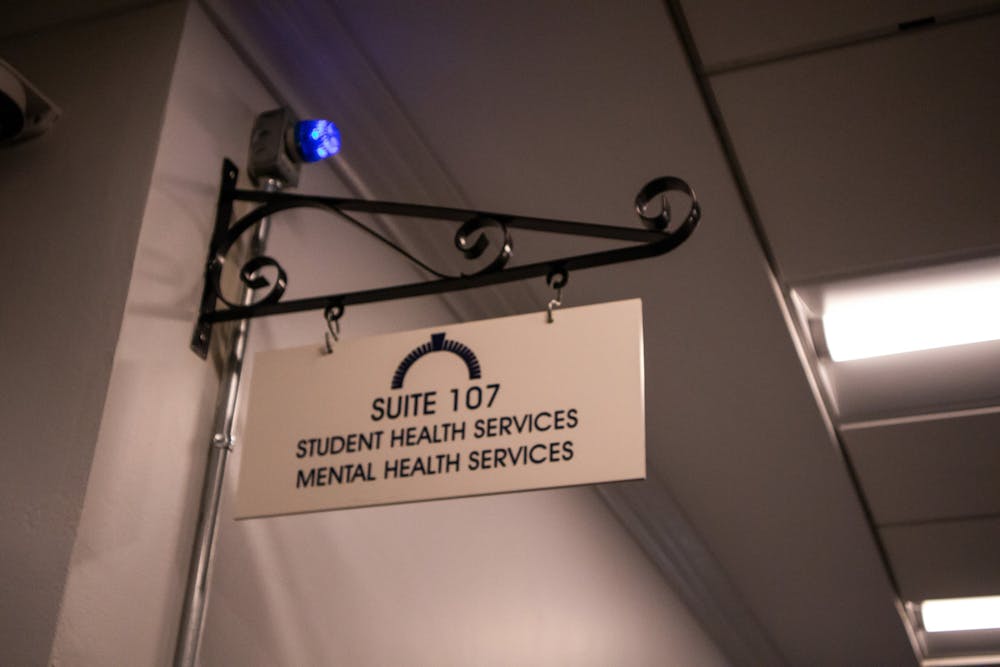By Rachel Lea
Correspondent
Student Health Services identified a case of meningitis on campus Monday, Sept 4. Although the student in question is now in a stable condition, the College deemed it necessary to inform the campus community.
According to the Center for Disease Control and Prevention, meningitis is a disease in which the membranes protecting the spinal cord and brain begin to swell. Though this disease can have multiple causes, this case in particular was caused by the bacterium Neisseria meningitidis.
The bacteria is spread through respiratory secretions, such as saliva. If left untreated, this form of meningitis can be fatal or cause permanent impairments.
“I feel that many people have heard of the disease — at least in its name,” said senior biology major Kevin Asheson. “[But] they may not know all of the causes or symptoms.”
Holly Heller, the interim director of Student Health Services, told the Signal that while this is not necessarily the start of an outbreak, it still poses a risk to students.
Thankfully, the College is taking active measures to contain the disease. Heller said the infected student was hospitalized immediately after their diagnosis and received multiple antibiotics to kill the bacteria.
Students who were in close contact with the patient were alerted about the case and prescribed antibiotics as a precaution. On Sept. 5, the College also notified the campus community about the case through email and provided information about the disease, as well as how to lower their risk.
“I was kinda surprised…and a little bit scared,” said Asheson when asked about his reaction to the announcement. “I was like, ‘Oh, did I potentially come in contact with the disease?’ And I was wondering what preventive measures were going to be put in place.”
Many students appreciated the notification, since it demonstrates the College’s concern for their health.
“Just telling everyone, ‘Hey, this is here; just know that,’ is really good,” said Gabrielle Adams, a sophomore nursing major. “So, from what I can see, I do think [the College] is handling [the situation] well.”
One of the required vaccines needed to attend the College reduces a student’s risk of meningitis, which explains why this single case has not disrupted general life on campus. Nevertheless, students are particularly at risk for meningitis, since the typical college experience entails sharing a dorm or house with others.
So far, no new cases have been reported. Furthermore, bacterial meningitis is not as contagious as other diseases like Covid-19. It either requires direct contact, such as from coughing or kissing, or a long period of exposure for someone to become infected.
“It just happens,” Adams said. “There are so many ways that [meningitis] spreads, and it spreads so rapidly that I don’t think you can prevent it at all.”
If infected with bacterial meningitis, someone will experience one or a combination of the following symptoms: fever, headache, stiff neck, nausea and vomiting. According to Heller, students who are experiencing these symptoms should not come to Student Health Services due to the severity of the disease.
“Any person who develops symptoms consistent with bacterial meningitis should go directly to the emergency room for evaluation,” Heller said. “Testing…[is] only done if a case is suspected and [that test is] done in the emergency room only.”
The College will continue to monitor the meningitis case and send out additional emails if needed. Student Health Services also recommends students avoid sharing cups, smoking materials and eating materials in order to slow the spread of the bacteria. In the meantime, students should continue healthy habits, such as coughing in one’s sleeve or washing one’s hands frequently.







